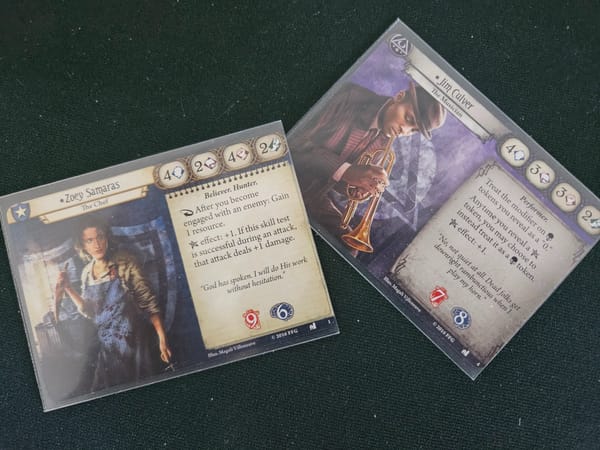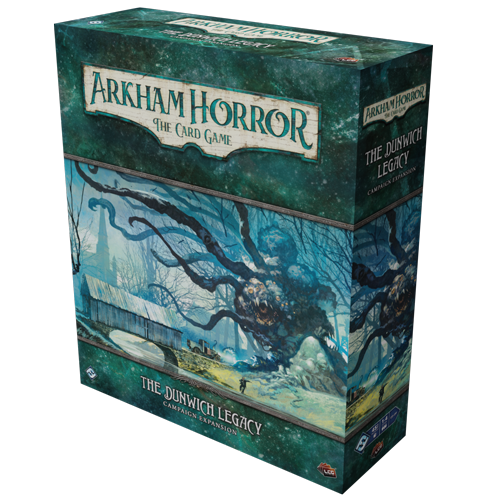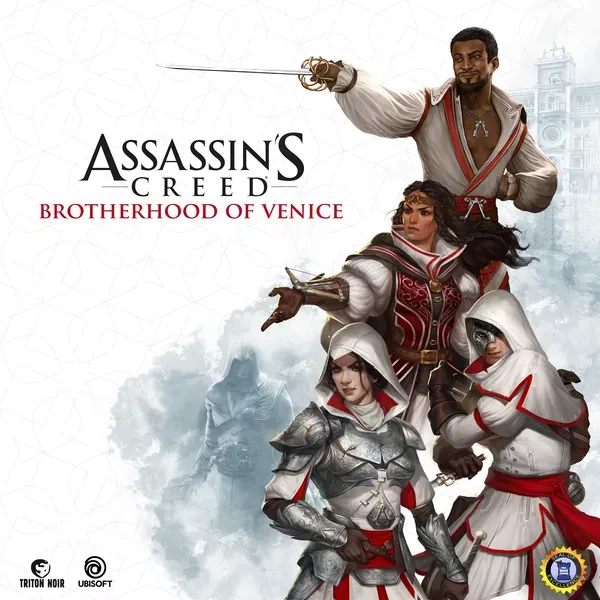Preparing the next mini-campaign
Assessing my current RPG situation: the end of one campaign leads to preparing another one.

If you remember a while ago, I shared with you how DMs should embrace a mid-campaign reset rather than moving on to the next thing. Well, it worked until it didn't. 🤷 I still believe DM should persevere, adjust, and improvise, but I hit a wall in our campaign. I was no longer having fun. Why are we playing TTRPG if we're not having fun, right?
What didn't work
I was running the official Fallout campaign, Winter of Atom. After the initial character cast fell off, I invited the players to create a new group and continue the campaign, since they were interested in seeing the rest of the story. That's where we hit the first bump. Creating characters higher than level 1 in this system undermines the balance of the game, in my opinion. Having access to any equipment during character creation makes it far too easy to optimize your characters, making several obstacles trivial. Considering they were level 8 or 9, I forbade any item requiring a level 2 Perk, but it wasn't enough to negate this advantage.
I also had issues patching the story without relying on metagaming. The initial cast had some knowledge of the ongoing events acquired through their adventures, knowledge not available to the new group. Creating ways to carry on this knowledge logically within the game proved harder than I thought. This might be related to my next point: the official story is flawed.
There are holes in the official story that require patching; it was getting tiresome to do. The authors tried not to make the villain's actions too obvious, but they failed to provide enough hints for the players to understand the events. Some groups might think hard about the events, theorize about them, and act accordingly. This is not a strength possessed by my group; I need to make it more obvious for them. The passive nature of the group has been bothering me for a while; I'm still trying to figure out ways to make them improve on this flaw. However, in this campaign, I hit the point where it was too much effort.
As an aside, it is not related to hiding knowledge behind skill checks. I don't do that. Knowledge required to progress the story is easily available, as long as the players ask the proper questions.
What's next
Since I'm the forever DM, I needed to come up with something new. Technically, there's another person willing to DM, but his current life situation doesn't give him enough time and mental energy to take on the mantle at this time. In my position, I can impose any new system I want to try; therefore, we're going to give Daggerheart a shot. I didn't talk much about the system to the players, it's secondary to me anyway, I play RPGs to build cool stories, but I sold them on the campaign frame.
The Daggerheart book contains several of these campaign frames. There are usually less than a dozen pages. They provide background information on a fictional region, what could be an overarching plot, some theme references, and a few starter ideas. This is not a fully fledged campaign. There's one called Colossus of the Drylands. It seems different from what we usually play and appealing to the group. In this Western-themed frame, the players will be facing colossal monsters created by an evil god trying to regain his glory. I intend to play it as a Weird West setting, where magic and technology clash, thanks to a source of energy the frame introduced in the form of crystals. Think of it as Cthulhu cultists meet wacky inventors. 😉
My approach to the mini-campaign
I prefer to call it a mini-campaign, as I don't know how long it will last. It's my test run for the Daggerheart system; there's a possibility it will not be a good fit for my group. I also need to create an overarching story; it's been a while since I have not relied on a campaign book! That's a bit scary, if I'm honest. I have never pretended to write intrigue masterpieces, but I'd like to write an interesting and consistent plot.
Some DMs might plan their campaign well in advance, writing down all events the players will go through and what and when they will learn at each step along the way. That's just not me, I don't think I can plan this far ahead without getting caught in a railroading trap. I'd rather plan one colossus at a time, which should cover two to four gaming sessions. My rough plan looks like this:
- Design the colossus. The book provides a few examples; I can also take inspiration from what others have done by scouring the internets.
- Determine where he is, what he is currently doing, and what the players can easily learn from afar.
- Create obstacles before getting to the colossus. These obstacles should be linked to the main story (e.g.: a rival group), the impact of the colossus's presence (e.g.: pillars looting an outpost attacked by the colossus) or as ways to gain knowledge on the colossus's weaknesses.
The latter point is particularly important as I need to avoid turning the game into a Monster of the Week setup. It would be easy to do with this campaign frame: 9 colossi, 9 character levels, 9 weeks, and then on the 10th, you fight the main villain. However, my group would lose interest rapidly; they don't particularly like this genre.
We should create the characters somewhere in October. Until then I need to iron out the details of the first colossus and start planning the second. I don't think we would get further than that until Christmas since we play roughly every three weeks. I'll try to keep you posted on our progress and my DM prep work along the way.



